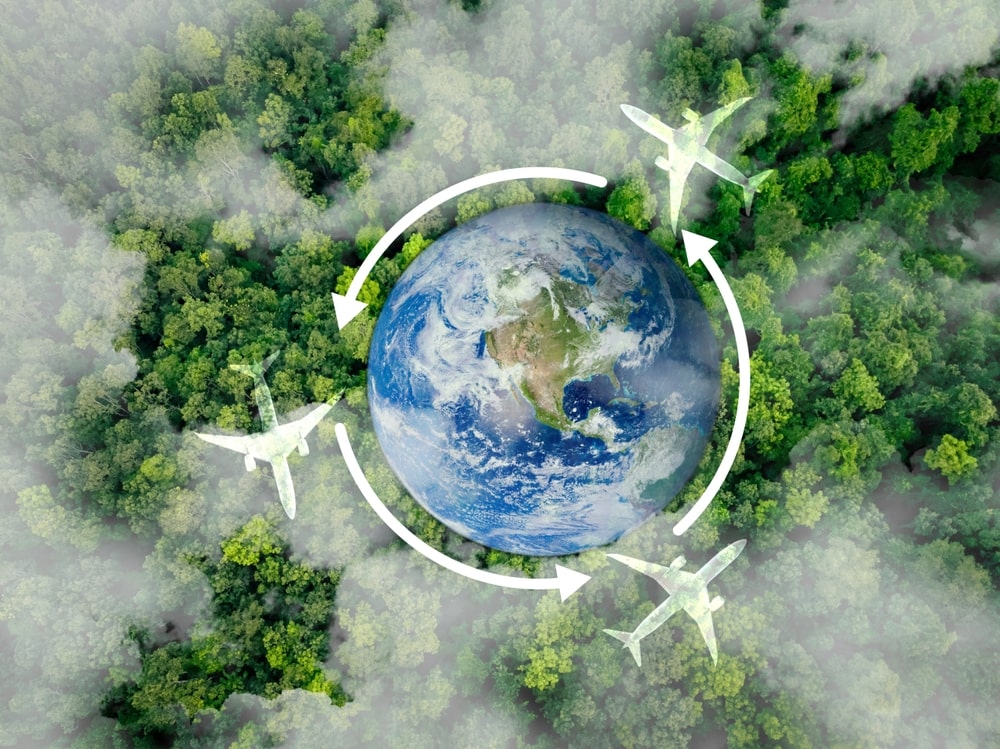
The European aviation industry has scaled back its ambitions for hydrogen-powered planes, a key pillar of meeting the goal of net zero by 2050, as the costs of decarbonisation have “ballooned”, according to a new report.
Airlines, airports and other parts of the aviation sector are committed to reaching net zero carbon emissions by 2050 through a mix of new technologies, such as the use of alternative fuels.
Industry groups said that they expected hydrogen-related planes to be responsible for 6% of net emissions reductions by 2050, down from the previous forecast of 21% in a 2021 survey.
The news comes as a new industry report has forecast that European aviation faces €1.3 trillion in extra costs to reach net zero, €480 billion more than previously thought.
Part of the challenge has been put down to the cost of switching towards more sustainable aviation fuels (SAF), which are not made from fossil fuels but instead are from other feedstocks including crops, cooking oil and household waste.
Unlike Hydrogen, these SAFs are used in current aircraft engines and have been estimated to reduce flight emissions by 70%, but are still more expensive than jet fuels and are produced in limited quantities according to the FT.
“The costs of getting to net zero have ballooned… We as [an] aviation industry can simply not do this alone”, said Oliver Jankovec, Director General of ACI Europe, an aviation trade body, speaking to The Financial Times.
There is a commitment by some in the industry to introduce Hydrogen-powered planes, with Airbus still committed to having shorter range planes ready by service in 2035. The manufacturer has currently been exploring four different concepts based on either hydrogen combustion or hydrogen fuel cell technology.

Related Articles
Aviation
Aviation
Aviation